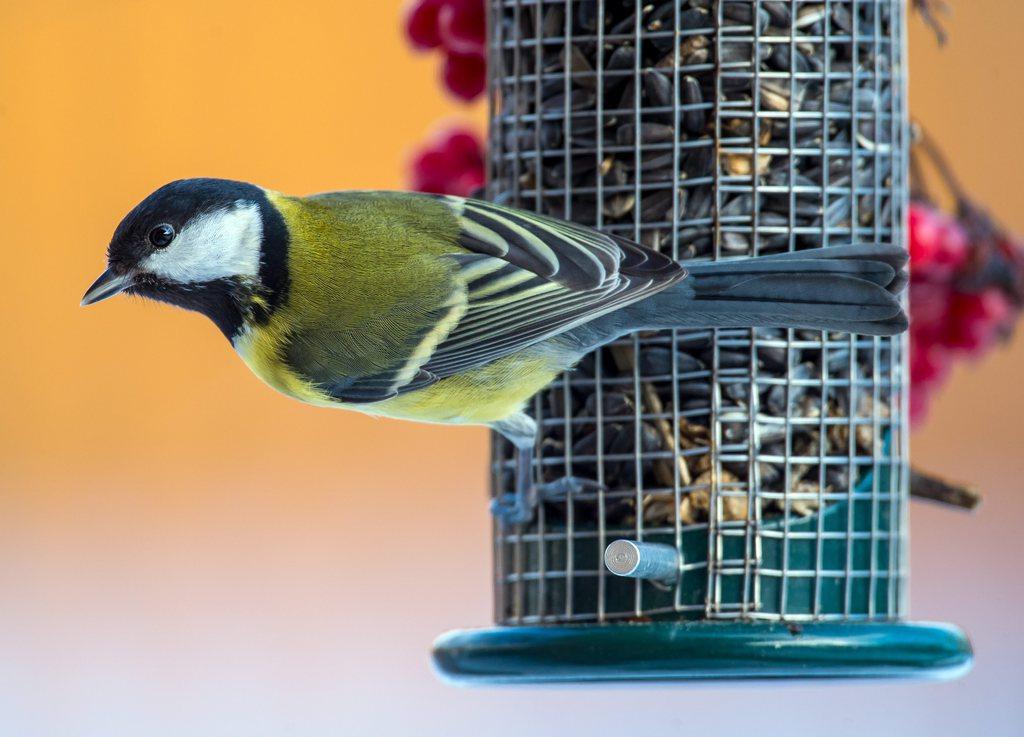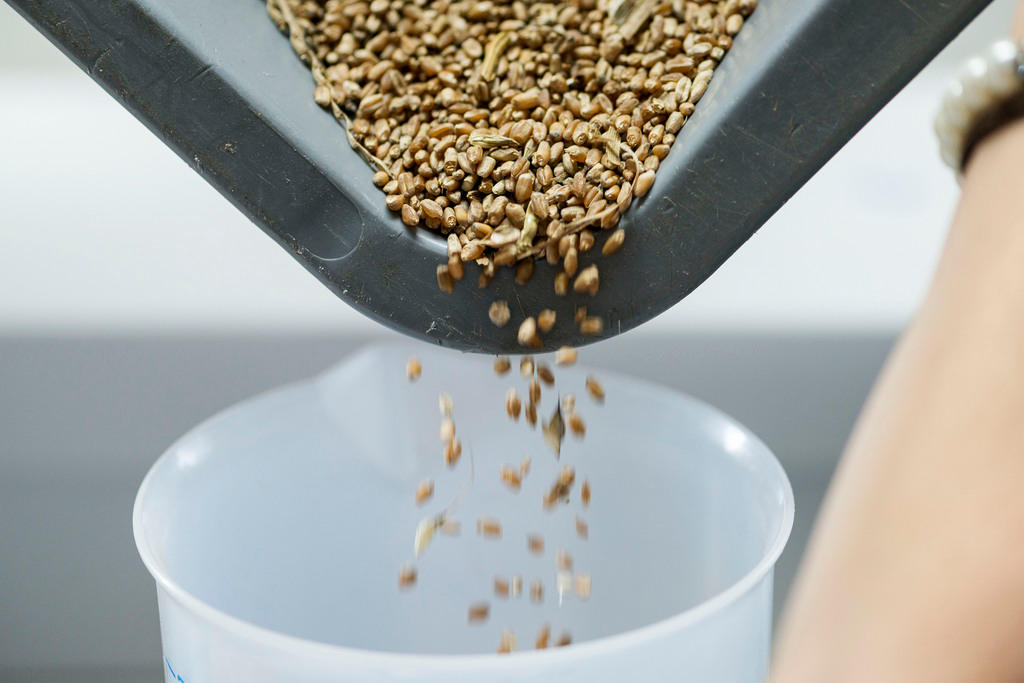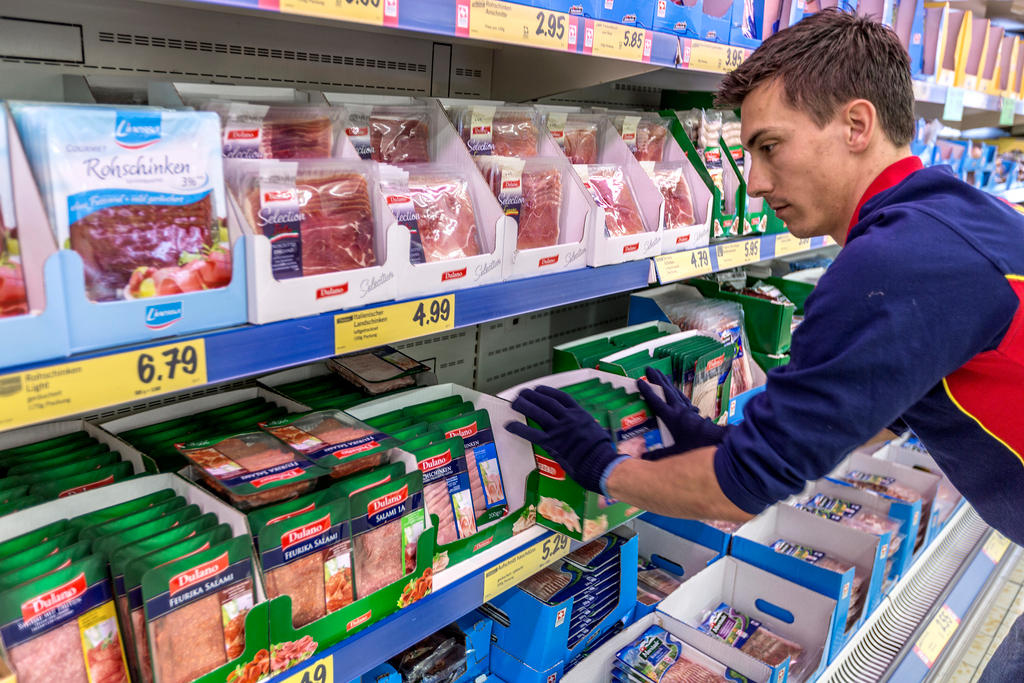GM plants in bird feed found in non-GMO Switzerland

Authorities have identified the presence of genetically modified oilseed rape in bird feed sold in Switzerland. This could provide a pathway for the release of genetically modified organisms (GMOs) into the environment.
Authorities have contacted bird feed importers to ensure GM seeds do not find their way into Switzerland, where a moratorium against all such crops is in place until 2021.
An assessment of bird feed carried out by national agricultural research centre Agroscope has revealed that 24 of 30 samples tested contain genetically modified oilseed rape. Eleven of these showed evidence of multiple contamination, some with up to three varieties of transgenic oilseed rape that are authorised as animal feed in the European Union: GT73, RF3, MS8. The majority showed a contamination rate of less than 0.5%.
Separate tests carried out by the Federal Office for the Environment showed that these transgenic oilseed rape plants have the potential to germinate. Just under half of samples containing the transgenic crop had a germination capacity of between 0.4% and 21%. An analysis of sites where bird feed is abundant (aviaries and bird feeders) confirmed the presence of six transgenic plants in two of 41 locations surveyed.
Switzerland and GMOs
In 2005, the Swiss people voted for a five-year ban on GMOs, which was then extended by parliament in 2010 until 2013 and once again in 2012 until 2017. The current plan to extend the moratorium until 2021 was approved by parliament this March.
Currently the government only allows genetically modified crop field trials on a case-by-case basis under strict conditions. The plants have to be located in a covered area and monitored by the police to prevent attacks by anti-GMO activists. They will have to be planted at least 300 metres from other species to prevent cross-pollination. Machinery and test materials have to be cleaned and correctly incinerated.

In compliance with the JTI standards
More: SWI swissinfo.ch certified by the Journalism Trust Initiative



You can find an overview of ongoing debates with our journalists here. Please join us!
If you want to start a conversation about a topic raised in this article or want to report factual errors, email us at english@swissinfo.ch.